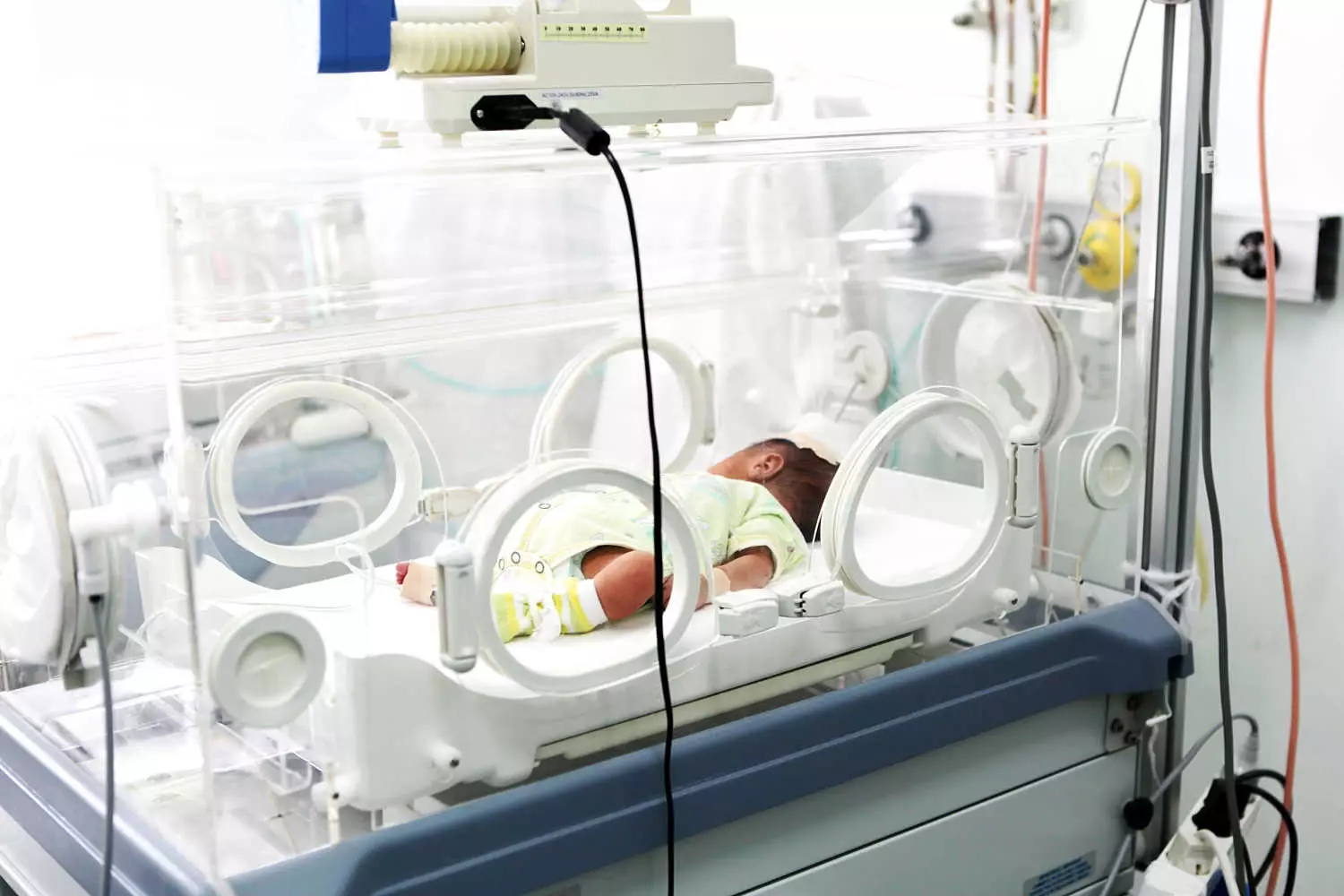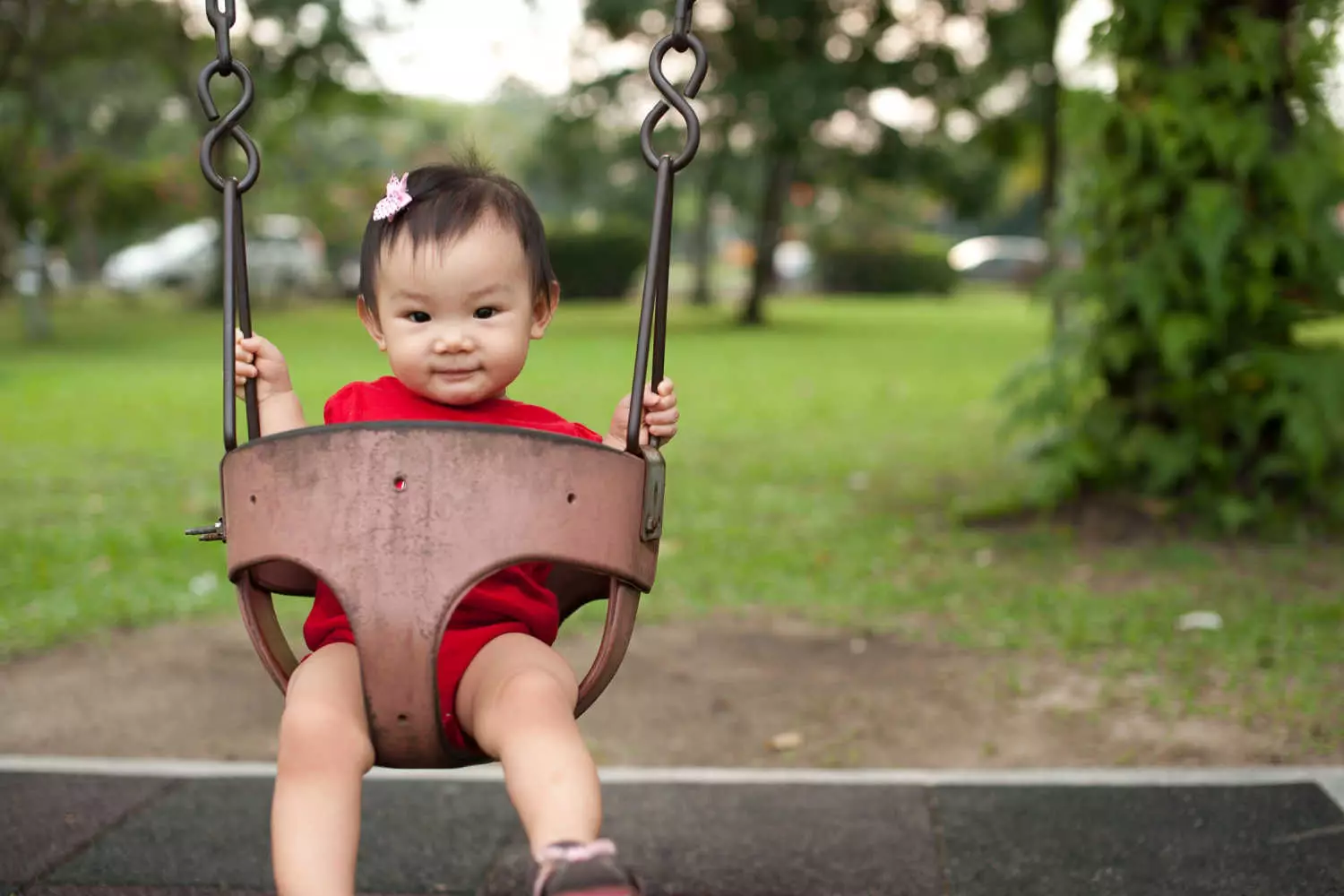
Dealing With the Death of a Premature Baby
5 min readWritten by Editorial Team


Babies born before 37 weeks of pregnancy are called premature babies. Such babies are generally underweight and find difficulty in surviving. Though many premature babies grow up to lead healthy, normal lives, however, a small proportion of them does not survive. Dealing with the death of a premature baby is an incredibly heartbreaking and challenging experience. It’s important to give yourself permission to grieve and to understand that your emotions may be complex and unpredictable.
Remember that healing is a gradual process, and there is no set timeline for moving forward. Allow yourself to grieve in your own way and at your own pace. Be gentle with yourself, seek support when needed, and remember that it’s okay to ask for help as you navigate this painful journey of loss.
In This Article
- Coming To Terms With The Loss Of A Baby
- What Happens After a Baby Dies?
- Post Mortem For A Neonatal Death
- Causes Of Neonatal Deaths
- Do Not Blame Yourself For The Baby’s Death
- Getting Over The Loss Of A Baby
- Effects Of Losing A Baby On Future Pregnancy
- FAQ’s
Coming To Terms With The Loss Of A Baby
The death of the premature baby is indeed a heart-rending feeling for the mother who has carried it for so long with a single hope of seeing it laughing and crying in her arms. It is a very personal affair how you should behave at death and no one has the right to advise you. Most of the babies dying in the initial weeks of life do so while they are still in hospital. Some parents find solace in touching and feeling their baby and this time gives them immense comfort and gratification. This spent time becomes a treasure for them and they always remember it.
What Happens After a Baby Dies?
The final moments when your baby is dying are heart-rending and heartbreaking and the moments soon after death could simply compound your feelings of grief. At this time of unprecedented grief and loss, you can try finding some comfort by-
- Holding the baby in your hands and can spend quiet private time
- Washing and dressing the baby with your own hands
- You can click some photographs, footprints or hand-prints
Such memories will help you give vent to your grief and will also recognize the special place your child hold in your family’s life. You will also need to decide the cremation of your baby. Get yourself involved in the process and this will leave you with the feeling that you were there for the baby from the beginning till the end.
Post Mortem For A Neonatal Death
Some parents try to find out the reason behind the death and ask for a post-mortem. But an autopsy cannot always find out the underlying cause. It can be an extremely upsetting experience.
A post-mortem can answer a few of your queries such as:
- It can identify the cause of death
- It can render information about the development of the baby
- It can tell you about the health status of your child
Your doctor will ask you whether you want to get the post-mortem because some people have religious and personal reasons for not getting it done. Parental consent is mandatory.
Causes Of Neonatal Deaths

A premature baby comes to the world before his time and ends up missing the vital developments that happen during the last weeks of pregnancy. Complications associated with premature birth cause about 25 percent of neonatal deaths. Genetic abnormalities are a major cause of death of a premature baby. Heart and breathing problems are the next most common causes of baby death. The sad part is that a large number of premature babies die every year because of trauma during birth.
Besides this premature babies are also at the threat of following life-threatening complications:
- RDS (Respiratory distress syndrome) or pneumonia
- Interventricular hemorrhage or Bleeding in the brain
- Infections acquired in the uterus, during or soon after birth
- Necrotizing enterocolitis-(Inflammation of the small and large intestines)
Do Not Blame Yourself For The Baby’s Death
No pain is as deep and heart-wrenching as the loss of your newly born baby. This grief is compounded if you see him struggle for life in the hospital. Apart from sadness and anxiety, you will also feel guilty for being unable to carry the pregnancy to term and being unable to save the baby. Self-hatred is another sentiment that you will experience as you have no one to blame besides yourself.
Most parents start thinking and talking about ‘what ifs’ after the sad demise of a child. They start blaming themselves, others, or each other for their immense loss. Though it is very natural yet it would be wise not to dwell on ‘what ifs’ and focus on what you have in store for future. Counseling can be of great help at his juncture.
Getting Over The Loss Of A Baby

It is quite normal that you require time to get over the tremendous loss both physically and psychologically. The grief of losing your baby is really colossal and only time can heal. As a mother, you may feel much more connected with the baby and though your partner is also going through a tough time, he may stand out as being strong. Losing a baby sometimes ends up straining relationships, for a while, and may make you withdrawn towards each other. If needed, seek the services of a bereavement counselor if you are unable to come back to normal life even after a few months.
You can also talk to:
- Parents undergoing a similar situation
- People from some baby care charity
- Friends loved ones, and family members
Effects Of Losing A Baby On Future Pregnancy
Going for the next baby after the loss of one is a tough task for the majority of women. But some ladies feel the strong urge to be pregnant and have another baby while others feel that it is difficult to have a baby again. They have hidden fears and apprehensions about birth.
If a genetic abnormality is the reason for the demise of the baby, then you may be advised to go for genetic counseling. An expert analyzes the probability of its recurrence and what alternatives you have for the next pregnancy.
If you had a premature birth earlier, then your caregiver will be extra watchful in your next pregnancies for any signs of preterm labor.
You become extra careful in subsequent pregnancies regarding taking a healthy balanced diet, being aware of the movements of the fetus, taking proper antenatal visits, looking after your health, avoiding physical and mental stress and strain, etc.
FAQ’s
1. What Is The Most Common Cause Of Death In Premature Babies?
The most common cause of death in premature babies is respiratory complications, particularly respiratory distress syndrome (RDS). Premature babies often have underdeveloped lungs, making it difficult for them to breathe on their own, leading to respiratory failure and potentially fatal consequences. Other common causes include infections, necrotizing enterocolitis (NEC), and complications related to their underdeveloped organ systems.
2. What Is Sudden Death In Premature Infants?
Sudden death in premature infants, also known as sudden unexpected death in infancy (SUDI) or sudden infant death syndrome (SIDS), refers to the sudden and unexplained death of a baby under one year of age. In premature infants, SUDI can occur due to a combination of factors such as respiratory immaturity, abnormalities in the central nervous system, and other underlying health conditions. While the exact cause of SUDI in premature infants is often unknown, it is crucial to provide a safe sleeping environment, follow safe sleep practices, and seek medical guidance to minimize the risk of sudden and unexpected death.

Editorial Team,
With a rich experience in pregnancy and parenting, our team of experts create insightful, well-curated, and easy-to-read content for our to-be-parents and parents at all stages of parenting.Read more.
Responses (0)
Want curated content sharply tailored for your exact stage of parenting?
Related articles

ORS For Babies – Is it Safe, How Much to Give and Top Benefits

Tickling Babies – When Can You Start and When to Avoid

Developmental Supportive Care For Newborns in NICU by Dr Lathiesh Kumar Kambham

When Should You Introduce Baby Swings to Your Baby?

Baa Baa Black Sheep Rhyme For Babies

Tips and Ideas for Selecting Baby’s First Birthday Dress for Girls
Sponsored content
Discover great local businesses around you for your kids.
Get regular updates, great recommendations and other right stuff at the right time.





